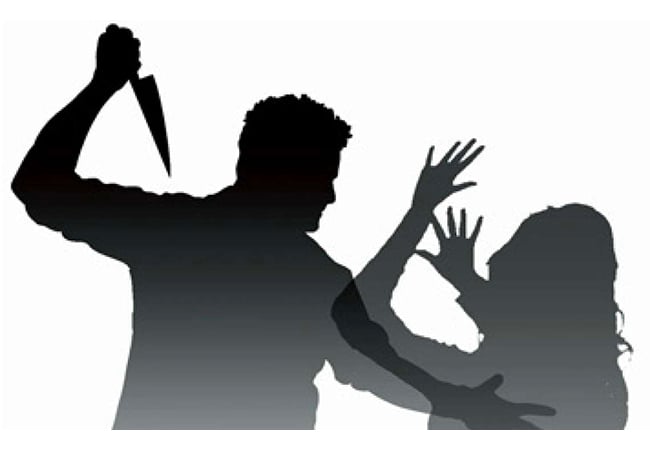Victor Ayeni
One of the most pervasive yet under-reported social problems in Nigeria is domestic violence.
Domestic violence refers to violent or aggressive behaviour within the home, typically involving the abuse of a spouse or partner.
Across the country, thousands of women, men, and children suffer various forms of violence within the supposed safety of their homes.
Last month, the Lagos State Attorney-General and Commissioner for Justice, Mr Lawal Pedro (SAN), disclosed that “between August 2024 and July 2025, the Domestic and Sexual Violence Agency received a total of 8,692 cases through both physical walk-ins and the Virtual Referral and Response Service.
According to him, on average, the agency attends to over 400 clients monthly. A breakdown of the cases shows that 3,685 involved domestic violence, the most prevalent category, within a year.
Despite the existence of laws such as the Violence Against Persons (Prohibition) Act of 2015, which criminalises all forms of domestic violence, cultural silence, poor enforcement, and social stigma continue to shield perpetrators from accountability.
Domestic abuse in Nigeria takes many forms: physical assault, emotional manipulation, sexual violence, and financial control. While women constitute the majority of victims, men and children are not exempt.
Reports by the National Demographic and Health Survey indicate that at least one in three Nigerian women has experienced physical violence since the age of 15. In many cases, the abuse occurs in marriages or intimate relationships where the victim is economically dependent on the abuser.
Culture and religion often play major roles in perpetuating abuse. Many survivors are (mis)advised to remain with abusive spouses, pray for them, and tolerate dehumanising conditions.
Others are reminded of the supposed cultural dominance of men over women and are urged to “endure” to preserve the marriage or “tame” the aggressive partner.
In many cases, victims who attempt to report abuse are discouraged by family members or religious leaders who fear social disgrace.
This culture of silence has allowed countless victims to suffer in isolation, often until fatal outcomes occur.
While Nigeria’s legal framework has improved, it still faces significant implementation challenges.
However, several government agencies and non-profit organisations provide shelters and psychosocial support for survivors.
“If we are going to help women who are going through abuse, we must put structures in place at the community level, challenge harmful norms that excuse violence, and empower survivors to speak out without fear,” said a lawyer, Yemisi Oke.
Ensure immmediate safety
“Safety is very important to the woman, man, or child experiencing abuse,” Oke said. “You need to leave the danger lurking in the home and reach out to a trusted friend, relative, or neighbour.”
She explained that this is often one of the most crucial steps because abusers tend to isolate their victims from friends, family, and neighbours to maintain control.
Obtain evidence
Survivors are advised to document the abuse by keeping records of injuries (photos or videos), dates of incidents, threats, and, where possible, footage of the assault.
“This should be done discreetly. In many cases, the abuser will try to erase any evidence linking them to the crime, and this could escalate the violence. So, it’s advisable to store the evidence with someone trustworthy or in a safe location inaccessible to the abuser,” Oke advised.
Report the abuser
Perpetrators of domestic violence should be reported to the authorities or relevant government agencies.
“In Lagos, there is the Domestic and Sexual Violence Agency, which operates a virtual referral and response service. There’s also the Safe Haven Foundation, or you can report to the Ministry of Justice in any state; they always have departments dedicated to assisting survivors of domestic abuse,” Oke said.
Seek professional help
Experiencing domestic abuse affects not only the body but also the mind. Survivors are often deeply impacted, especially if the violence was prolonged.
“Survivors typically suffer anxiety, depression, post-traumatic stress disorder, low self-esteem, self-blame, and emotional detachment. Some develop trust issues, self-destructive behaviours, or resort to substance abuse,” psychologist Olubunmi Onipede said.
“They need to seek professional counselling and possibly undergo therapy. They also need strong social support to rebuild their lives,” she added.

